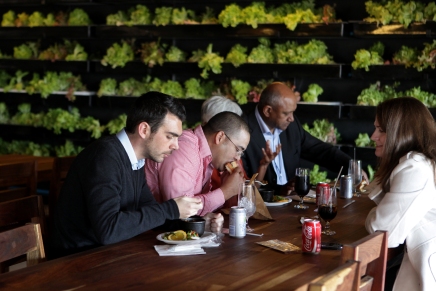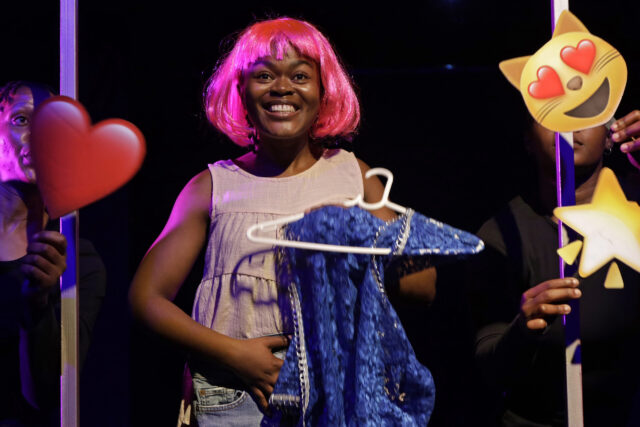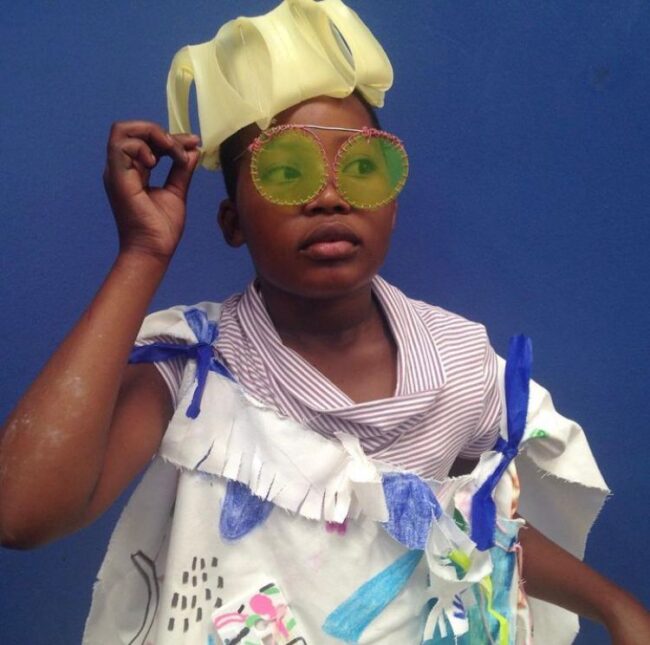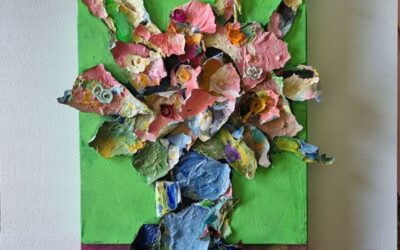The Design is for All exhibition, a feature of Open Design Cape Town, highlights how design impacts on issues of sustainability.
As our environment deteriorates, due to mass production and consumption, designers need to find practical ways to ensure the production of more sustainable design.
Sustainability means a long-term balance where the designed components do not loose its function or perish.
Sustainable design is the practice of using recycled or renewable materials and ecologically conscious manufacturing processes. The design approach safeguards the balance between nature, the environment and the cost of the designed product or space.
Inspiration for sustainable design approaches can be found in nature, in the use of nature’s own design principles, mimicking natural patterns and learning from nature’s systems and processes.
The whole life cycle of a product should be considered – from the early design stages to ensure a healthy ‘triple bottom line’ of people, environment and economy. Sustainable environments should also encourage social and economic development within the community.
At its core, sustainable design practice ensures ethical design decisions and socially and environmentally responsible practice that impact even on services, systems and communities.
Cape Town Green Map will feature some of the examples showcased at Design is for All, which is an important component of Open Design Cape Town can be viewed at the City Hall, Cape Town. This post features The Moyo Souk & Restaurant
Need:
Designing a sustainable restaurant, which encourages responsible food growth and consumption in an attractive and engaging setting.
Solution:
The Moyo Souk & Restaurant in the V&A Waterfront is African-themed and is a space that contemplates food in the urban environment, by combining restaurant and market elements within an on site urban farm.
ETHOS OF SUSTAINABILITY
The ethos of sustainability is evident in the design, as every aspect of the food cycle, from the growing of the food, to preparing it for restaurant patrons, all the way to treating the waste is considered. An example of this is where the coffee waste is used as fertilizer for growing mushrooms. The key feature within the restaurant is a green wall, which has an aquaponic system where plant and fish nutrients are able to supplement each other. The restaurant also has its own solar farm with solar panels on top of the arcade, creating sufficient shade for the patrons. Through a low maintenance ecosystem, the story of food is demonstrated, while raising awareness about organic food sourcing.
Open Design Cape Town
21 to 31 August
Open Design Cape Town – focus on sustainability | Cape Town Green Map.






